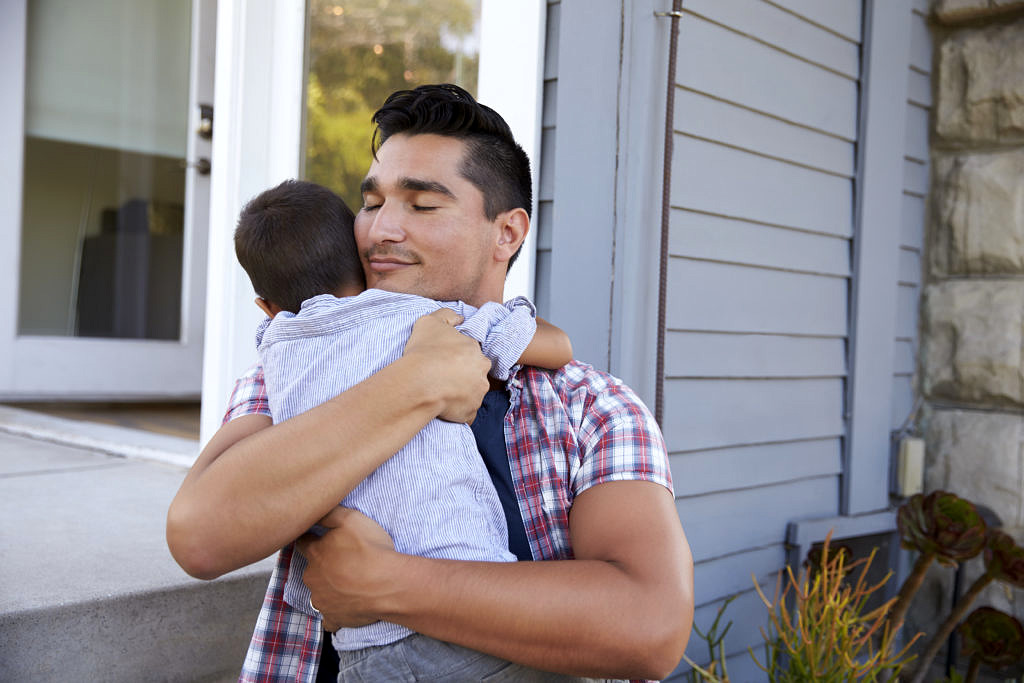
April is Second Chance Month, part of a nationwide effort to raise awareness about the impact of incarceration on individuals, families, and communities, and to break down barriers so people can move forward in their lives.
Unlocking opportunities for individuals who’ve been involved in the justice system and advancing smart, data-driven reforms are central to Community Resources for Justice’s mission of changing lives and building stronger, safer communities.
Last year, nearly 500 individuals successfully completed their stay at one of CRJ’s community-based residential reentry centers, where they received assistance finding employment, housing, skills training, substance use and mental health treatment, and more. And the Crime and Justice Institute worked with partners in 35 states to improve adult and youth justice systems.
“Second Chance Month is an opportunity to reflect upon the critical importance of reentry and justice system reform work and to celebrate the positive momentum of these efforts nationwide,” CRJ President & CEO Deb O’Brien said. “It’s also a reminder of how far we still have to go to ensure all individuals get a second chance.”
More than 640,000 people are released from state and federal prisons each year, and over 70 million Americans who have a criminal record face significant barriers to housing, employment, and education.
Prison Fellowship launched Second Chance Month in 2017 to build awareness and advocacy, and it has since been recognized at the highest levels of government. President Biden recently signed a proclamation observing Second Chance Month, 2022. The president highlighted the need to eliminate exceedingly long sentences and mandatory minimums, better job training and educational opportunities, expunging and sealing old criminal records, and expanded reentry services for people transitioning from incarceration to the community.
“I am confident that our collective efforts will help make our communities safer and stronger by reducing crime, recidivism, mass incarceration, and elements of the justice system that foster harmful disparate impacts on people of color and other historically disadvantaged communities,” Biden wrote in his proclamation. “Together, let us recommit to empower Americans who have paid their debt to society and to provide them with a second chance to participate, contribute, and succeed.”
The National Reentry Resource Center has created an interactive map to highlight events happening nationwide.
Click here to access the Coming Home Directory, a guide to reentry services in Greater Boston.